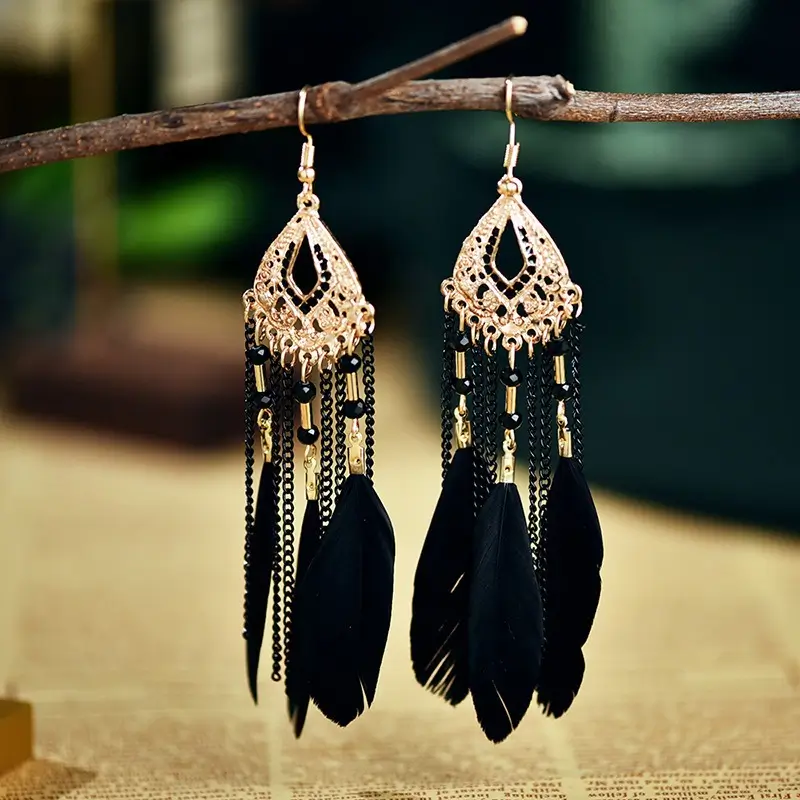Buying a necklace is not only a matter of personal taste but also requires some professional knowledge. Whether it’s for personal wear or as a gift, choosing the right necklace can showcase your unique taste and thoughtfulness. When buying a necklace, several factors need to be considered, from material to style, budget to purchasing channels. This article will provide a detailed analysis.
1. Determine Your Budget
Before you start shopping for a necklace, it’s important to set a clear budget. Necklace prices vary widely depending on material, brand, design, and other factors, ranging from tens to thousands of dollars. A clear budget helps narrow down your options and avoid wasting time on necklaces beyond your financial reach.
2. Choose the Material
The material of a necklace is a key factor affecting its price and texture. Common necklace materials include:
- Gold: Classic and valuable, suitable for formal occasions.
- Platinum: Elegant and versatile, complements all skin tones.
- Silver: Affordable and great for everyday wear.
- Alloy: Cheap but may cause allergies, not recommended for long-term wear.
- Jewels and Gemstones: Such as diamonds, pearls, emeralds, adding a touch of luxury.
When choosing the material, consider personal preferences and any potential allergies to certain materials.
3. Decide on the Style
Necklace styles vary widely, from simple chokers to intricate multi-layer designs. Choose based on the occasion and your personal style. Here are some common styles:
- Chokers: Simple yet stylish, perfect for daily wear.
- Long Chains: Great for layering, adding depth to your look.
- Pendant Necklaces: Choose meaningful pendants to add personality.
- Multi-Layer Necklaces: Trendy and bold, suitable for pairing with simple outfits.
4. Consider the Occasion
When buying a necklace, consider the occasion it will be worn for. For formal events, opt for classic gold or diamond necklaces, while for everyday wear, simpler silver or alloy necklaces might be more appropriate. Knowing the occasion helps you select a suitable necklace more accurately.
5. Choose a Reputable Brand and Purchase Channel
Selecting a reliable brand and purchasing channel is crucial when buying a necklace. Well-known brands generally offer better quality and after-sales service. Online and offline purchases both have their pros and cons:
- Online Purchase: Offers a wide variety and convenience but ensure the seller’s credibility and return policies.
- In-Store Purchase: Allows for direct try-ons to ensure fit and comfort, though the selection may be limited.
6. Pay Attention to Maintenance
After purchasing a necklace, proper maintenance can extend its lifespan. Different materials require different care methods. For example, gold and platinum necklaces need regular cleaning, while silver jewelry should avoid contact with chemicals. Knowing how to care for your necklace ensures it stays looking new for longer.
Conclusion
Buying a necklace is a thoughtful process that involves considering budget, material, style, and purchasing channels. Hopefully, this guide helps you navigate the process more confidently and find the perfect necklace that suits your needs.
